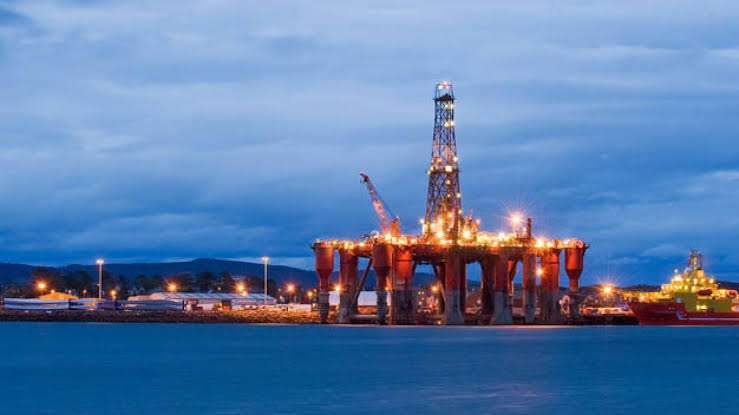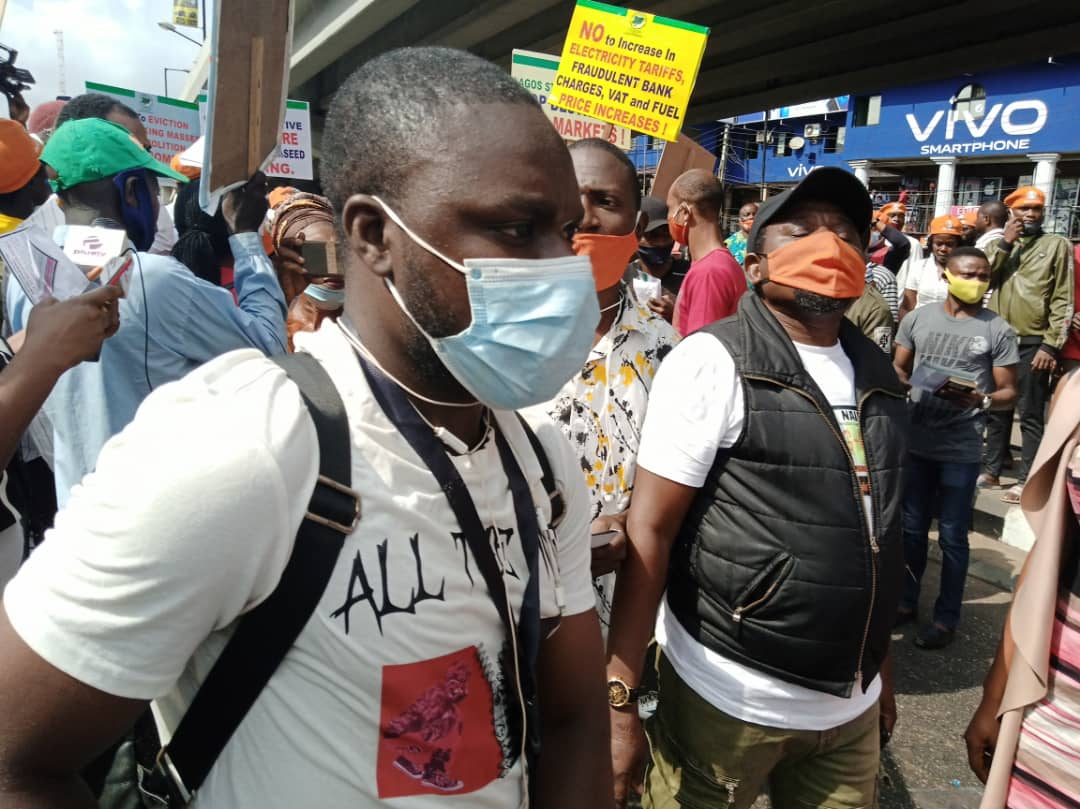Fitch Solutions, an industry provider of credit and macro intelligence, says upstream investment in Nigeria has been affected by the non-passage of the petroleum industry bill (PIB), as well as production cut by the Organisation of the Petroleum Exporting Countries (OPEC).
Joseph Gatdula, head of oil and gas analysis at Fitch Solutions, disclosed this during a webinar on the effects of COVID-19 on the economy on Tuesday.
According to Gatdula, the long wait for the passing of the petroleum industry bill has affected decisions on investment in the oil and gas sector.
“The two key forces that we see holding back Nigeria’s upstream investment are really the OPEC production cuts which will last till April 2022 and also the non-passage of the long-awaited petroleum industry bill,” he said.
Advertisement
“There’s been about a 20-year wait for the PIB. It’s been touted to rejuvenate investment, rejuvenate the industry as a whole and there’s been a lot of optimism, but unsuccessfully, the different iterations of the PIB haven’t been passed as of yet.
“Early in the year, they expected March or May 2020 as a timeframe when we see the first bill signed, but it wasn’t due to COVID impact as well as some issues still kind of harmonising the bill.
“In the long term, the outcome of the PIB and also the timing of it is going to be really important in understanding how the trajectory of Nigeria’s upstream is going to look.
Advertisement
“The success or failure of that will not just be measured in new investment of production, but the overall betterment of the Nigerian people.”
He added that the PIB, however, is the most important for setting the long-term investment trajectory for Nigeria.
Gatdula also spoke on expected changes in Nigeria’s downstream and how fuel demand would be affected.
“Some of the changes that we’re going to see as a result of Aliko Dangote’s refinery is really going to change the landscape of Nigeria’s downstream and kind of fuel demand as well,” the analyst said.
Advertisement
“So what we see happening is once we see Dangote’s refinery come online in 2021, mainly that’s really going to hit in 2022; it’s going to change some of the consumption profiles.
“I think a big part of the expectation right now is that roughly Nigeria’s 400,000 barrels per day (bpd) of consumption is going to be met by the refinery, and with the the new refinery, there will be excess available for export.”






